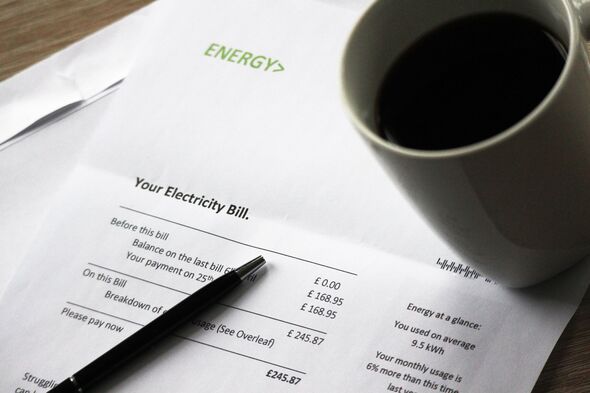Lifestyle
Energy Expert Offers Tips for Britons to Cut Appliance Costs

As energy costs continue to escalate in the United Kingdom, families are being advised to take straightforward measures to reduce their expenses, beginning with the cleaning of essential household appliances. Salah Sun, head of product management at Beko UK, a prominent manufacturer of home appliances, emphasizes the significance of regular maintenance.
“Maintenance isn’t just about extending appliance lifespan,” Sun stated. “Clean filters, descaled heating elements, and well-maintained door seals can help you reduce your household’s energy consumption.”
To make a meaningful impact, establishing simple routines is crucial. Sun recommends cleaning washing machine filters every six to eight weeks, cleaning tumble dryer lint traps after each use, and checking dishwasher filters monthly. These small actions can enhance appliance efficiency, ultimately leading to lower energy bills.
Optimizing Appliance Usage for Greater Efficiency
In addition to maintenance, the way appliances are used significantly affects energy consumption. Overloading or underloading washing machines, dishwashers, and tumble dryers can diminish performance while increasing energy use.
“Overloading your appliances forces them to work harder, using more energy while potentially delivering poorer results,” Sun explained. “Conversely, running half-empty loads wastes energy and water.”
To achieve optimal efficiency, it is recommended that washing machines be filled to approximately three-quarters of their capacity, allowing clothes to move freely. Dishwashers should be fully loaded but not packed too tightly, ensuring effective water circulation. For smaller loads, utilizing a half-load program, if available, can be beneficial. Tumble dryers function best with loads that are half to three-quarters full.
According to the energy regulator Ofgem, a typical UK household consumes around 2,700 kWh of electricity annually. The current energy price cap stands at 26.35 pence per kWh from October 1, 2023 to December 31, 2023.
By focusing on both appliance maintenance and efficient usage, households can effectively reduce their energy consumption, save money, and maintain their appliances in optimal condition. These steps can ease the financial burden caused by rising energy bills this winter.
-

 Entertainment3 months ago
Entertainment3 months agoAnn Ming Reflects on ITV’s ‘I Fought the Law’ Drama
-

 Entertainment4 months ago
Entertainment4 months agoKate Garraway Sells £2 Million Home Amid Financial Struggles
-

 Health3 months ago
Health3 months agoKatie Price Faces New Health Concerns After Cancer Symptoms Resurface
-

 Entertainment3 months ago
Entertainment3 months agoCoronation Street’s Carl Webster Faces Trouble with New Affairs
-

 Entertainment3 months ago
Entertainment3 months agoWhere is Tinder Swindler Simon Leviev? Latest Updates Revealed
-

 World2 weeks ago
World2 weeks agoBailey Announces Heartbreaking Split from Rebecca After Reunion
-

 Entertainment4 months ago
Entertainment4 months agoMarkiplier Addresses AI Controversy During Livestream Response
-

 Entertainment2 weeks ago
Entertainment2 weeks agoCoronation Street Fans React as Todd Faces Heartbreaking Choice
-

 Science1 month ago
Science1 month agoBrian Cox Addresses Claims of Alien Probe in 3I/ATLAS Discovery
-

 Health4 months ago
Health4 months agoCarol Vorderman Reflects on Health Scare and Family Support
-

 Entertainment4 months ago
Entertainment4 months agoKim Cattrall Posts Cryptic Message After HBO’s Sequel Cancellation
-

 Entertainment3 months ago
Entertainment3 months agoOlivia Attwood Opens Up About Fallout with Former Best Friend




















